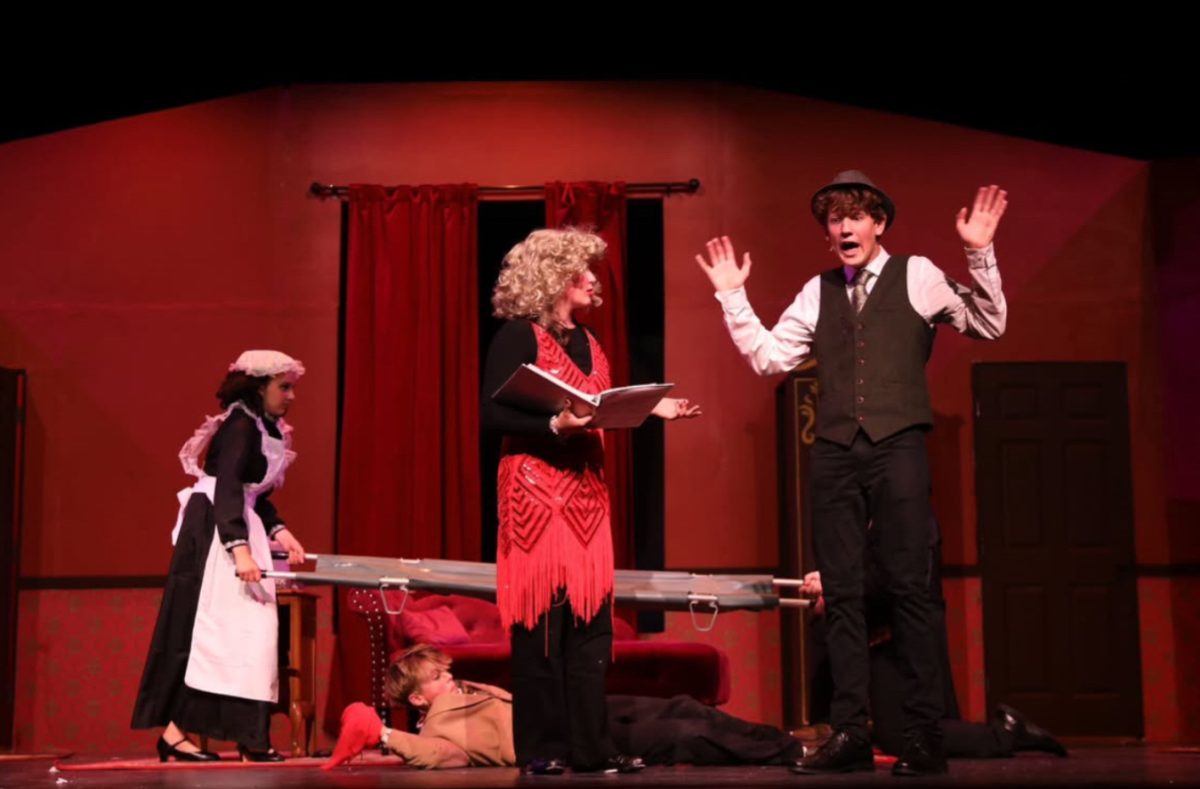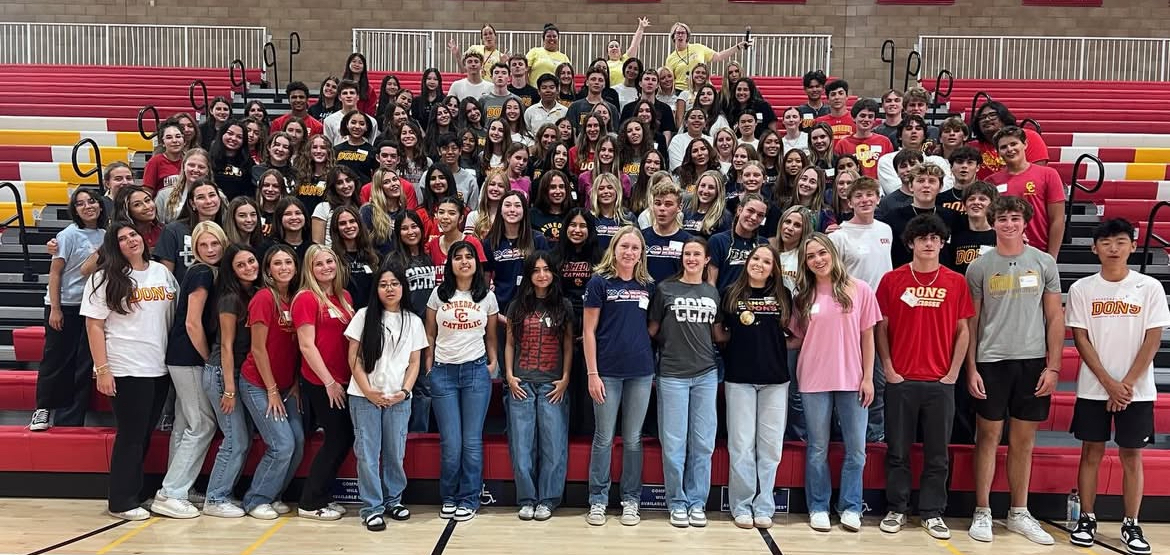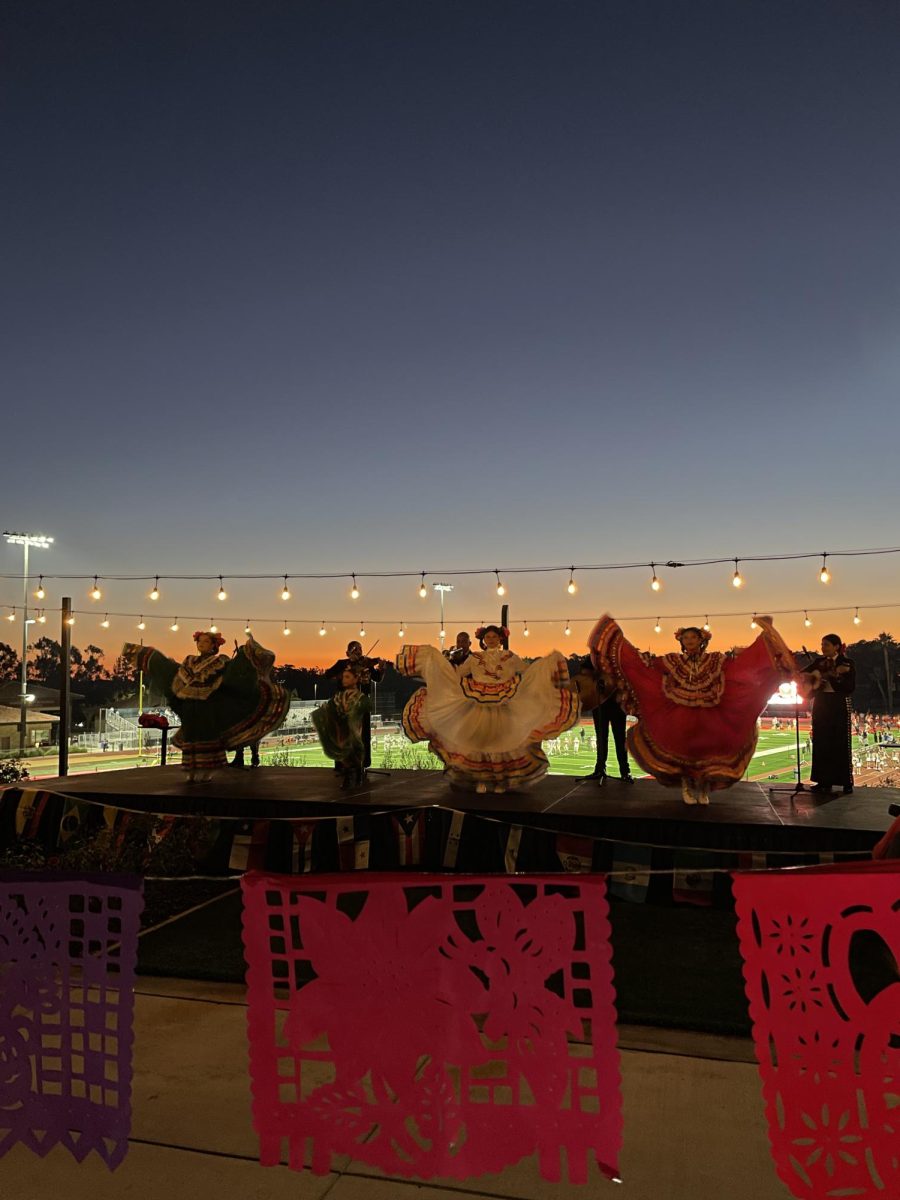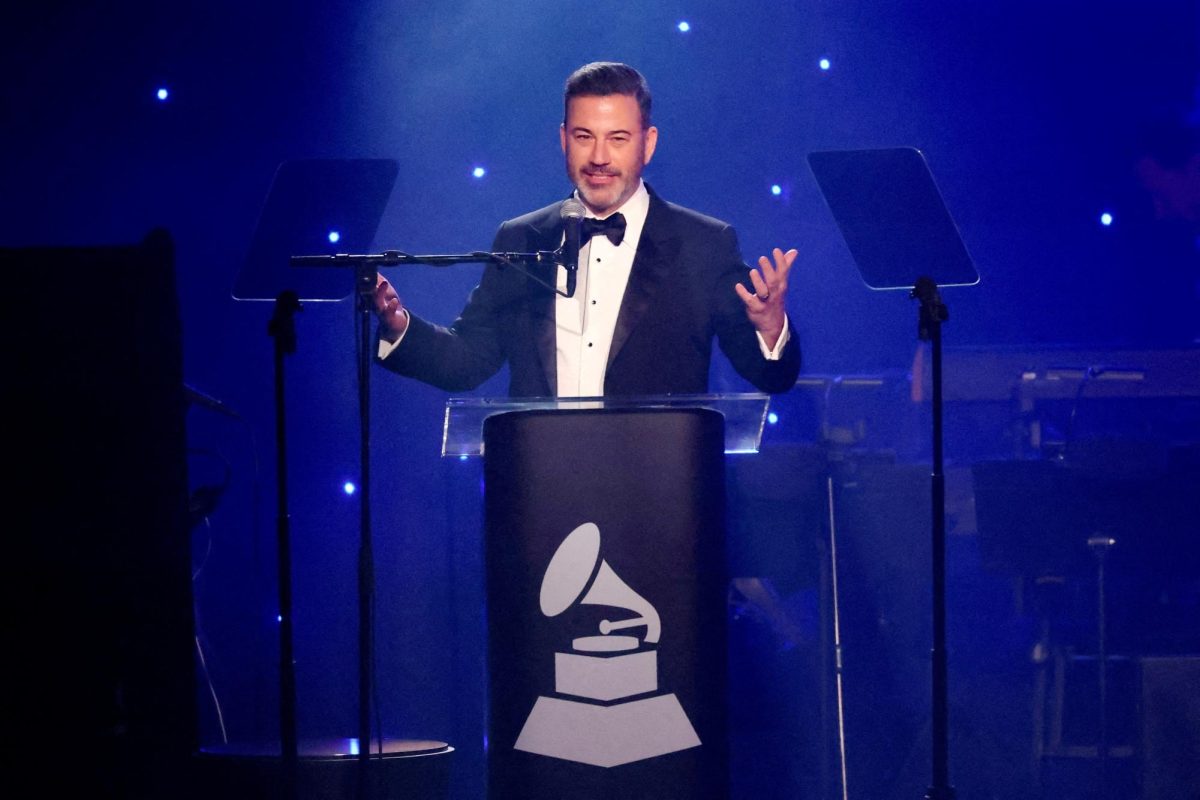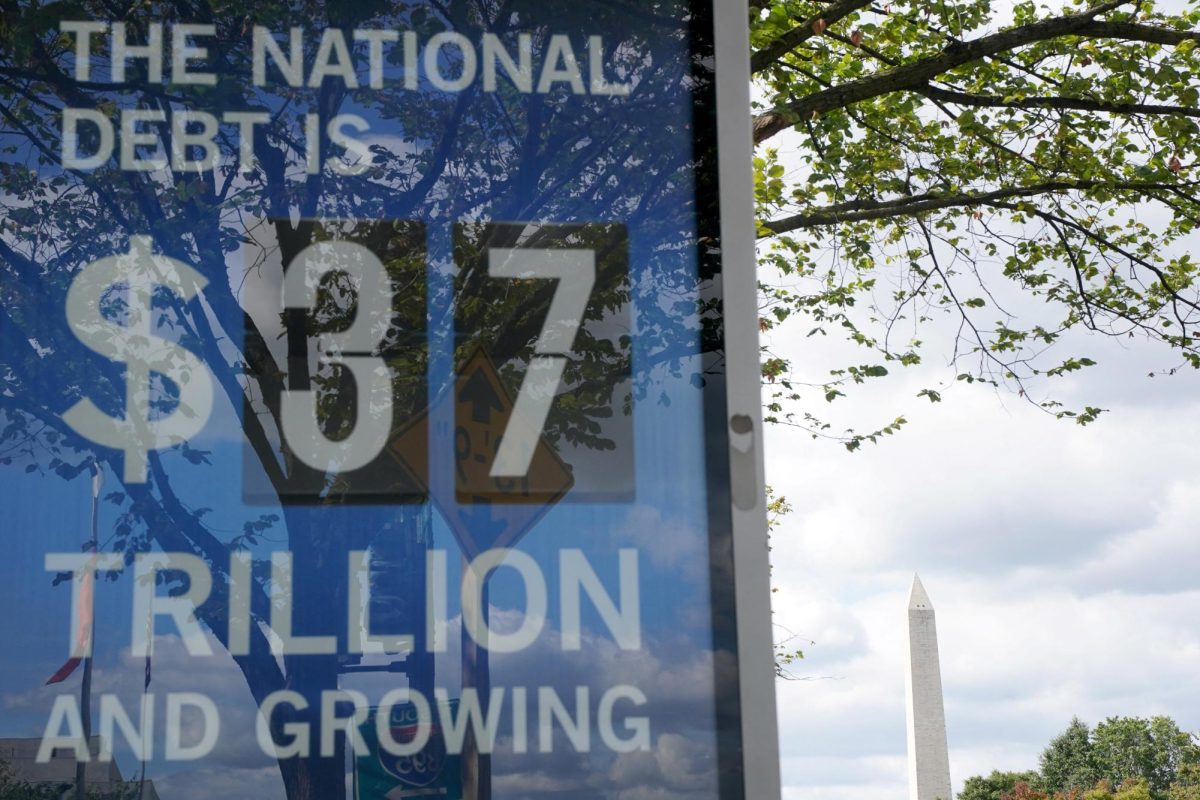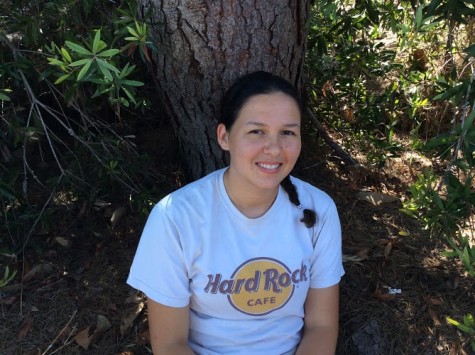CCHS religion teachers and pupils ponder pope’s proposals

President Barack Obama and Pope Francis share a laugh at the White House. (NBC News)
October 2, 2015
In a historic visit, Pope Francis visited the United States for his first time this month, sharing the Church’s stance regarding controversial issues involving the U.S. and its interests.
During his visit, Francis worked with President Barack Obama, addressed the Congress and celebrated Mass for the World Meeting of Families. Francis’ major focuses while in the U.S. included his stance on climate change, immigration and family.
Environment
Francis praised Obama on his current efforts to fight global warming, acknowledging that the increasing climate change resulted from people’s environmentally irresponsible choices.
Making an address to Obama and his current policies on the environment, Francis said, “I find it encouraging that you are proposing an initiative for reducing air pollution.”
With the environment rating as a controversial point for many Americans, the pope wrote an encyclical on people’s roles in caring for the planet. Francis’ encyclical, Laudato Si’, On Care for OurCommon Home, which was released earlier this year, focused on the environmental problems people currently face. He urged people, who he called “stewards of the Earth,” to help the environment and to reduce their overall footprint.
In his encyclical, he wrote, “We are not God. The Earth was here before us and was given to us.”
Cathedral Catholic High School Environmental Club member Maxine Sakai agrees with the pope’s focus on the environment, asserting that people have a responsibility to care for the Earth.
“If we aren’t going to [take care of the environment] ourselves,” Sakai said, “we should at least do it for the next generation.”
As residents of this planet, people have the responsibility to try to care for the planet and minimize their current footprints.
“I think it is a good idea [that Pope Francis addressed the environmental problem in the U.S.] because we are a developed country,” Sakai said. “We have more economic regulations than other countries, and we should act as an example for them.”
By reaching out to a developed country, Francis has greater influence on other countries by potentially creating a strong advocate and role model for the other countries to follow. A large country like the U.S. creates a more profound effect when changes and policies are instituted in favor of the environment.
He mentioned that although people destroyed so much of the Earth in the past 200 years, they are capable of doing good by fixing their ways. The pope’s attitude is overall hopeful for that change.
Immigration
Francis also urged American bishops to display openness to immigrants. His speech served as an important day for Hispanics in the United States.
His remarks about immigration came at a time in American politics when some critics of immigration advocate for a giant border fence.
“As a son of an immigrant family, I am happy to be a guest in this country, which was largely built by such families,” Francis said.
Francis served as an important figure and advocate for immigration because of his own background.
“The symbolism of Pope Francis is very profound,” Campus Minister Pia Asuncion said.
Asuncion remarked that since the pope is an immigrant himself, he established even more credibility speaking from some of his own personal experiences. The pope acted as a positive symbol for the immigrants and represents the potential hope.
However, the political issue revolving around immigrants, especially illegal ones, acts as a tricky subject to handle.
“Illegal immigrants should not come [to the U.S.] illegally,” Asuncion said, “because they put themselves in danger.”
While Francis is a strong advocate for immigration, immigration is a difficult problem to handle and a better political system is currently the best option to handle the issue.
Family
Pope Francis concluded his visit by focusing on the importance of family.
The pope celebrated Mass with hundreds of thousands in the streets of Philadelphia on Sunday. His trip to Philadelphia coincided with the World Meeting of Families, which connected the idea of family with faith.
During the Mass in Philadelphia, Francis said that “holiness is tied to little gestures.”
The little gestures are formed in the family. The small sacrifices that members of a family make daily are signs of compassion and affection. Those small gestures, which start at home, continue to shape and form people and their morals.
“These little gestures are those we learn at home, in the family,” Francis said. “They get lost amid all the other things we do, yet they make each day different.”
Throughout this year, the pope has been focusing on the importance of families. For instance, this past August, he called the Church to embrace divorcees, remarried couples, and their children. By continuing to welcome these types of people and making the Church’s stance clear that divorced and remarried couples are welcomed in the Church, Francis marked a significant movement in the Catholic faith.
“If you are divorced, you are not denied Communion,” Director of Liturgies Mrs. Blackstone-Gardner said. “It is when you are remarried that it becomes an issue. But I feel that anyone looking at the Sacraments for spiritual growth should not be denied.”
Francis continues to open up the Church, especially to the divorced people and remarried couples. Francis stresses the importance of family and the influence that the family can have on a person’s faith.
“One reason why people want to hear from the pope is because he talks about love, not rules,” Mrs. Blackstone-Gardner said. “We do not know what the pope will [always] say, but we have hope” that Pope Francis will say something beneficial to the Church and the people listening.
